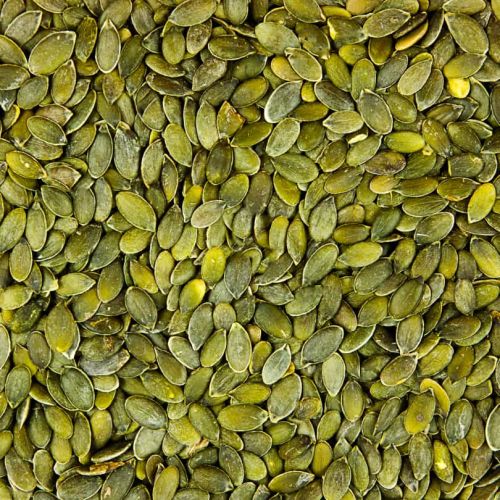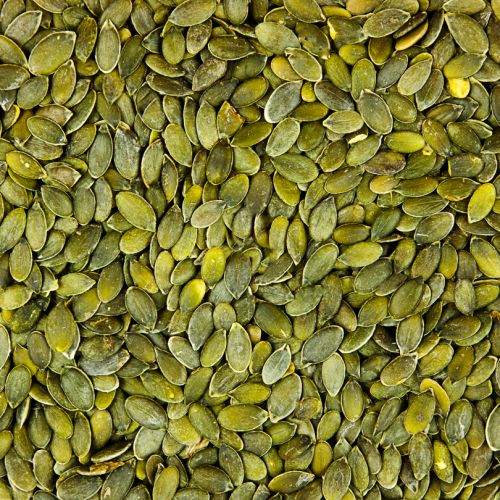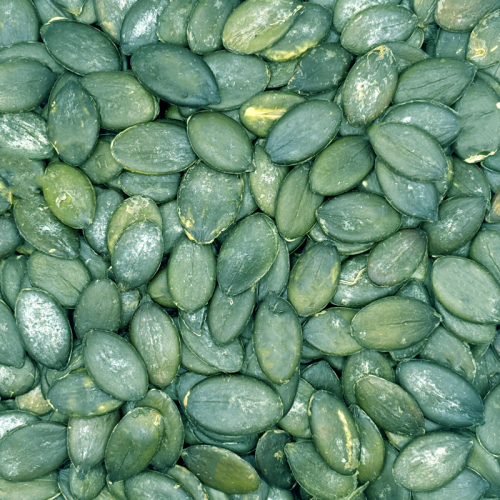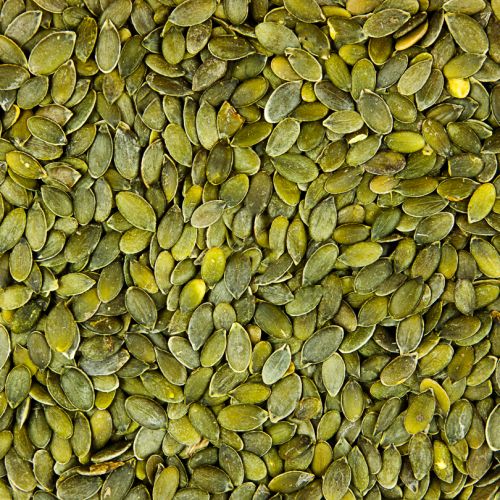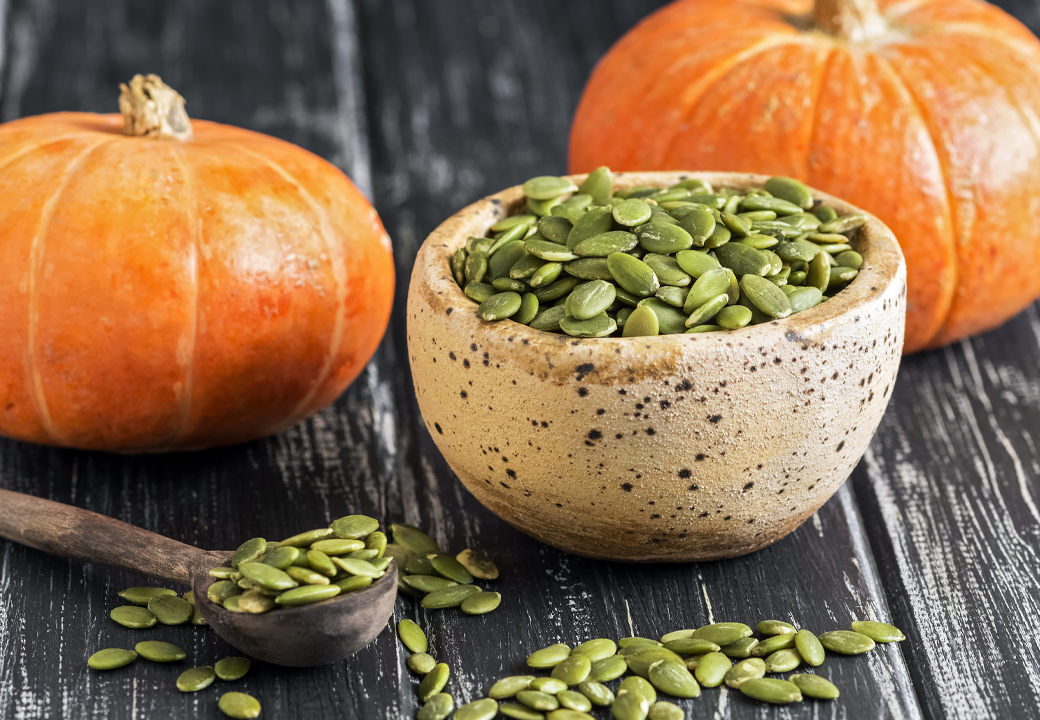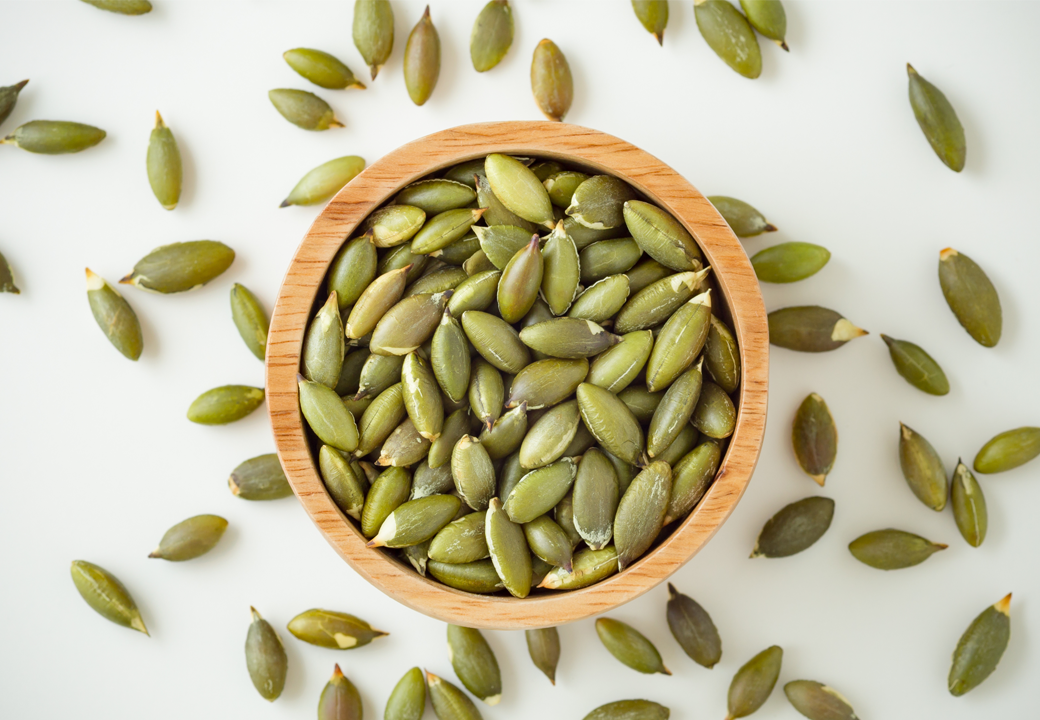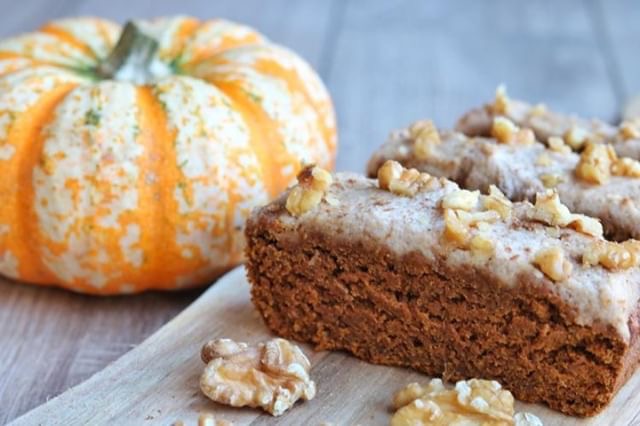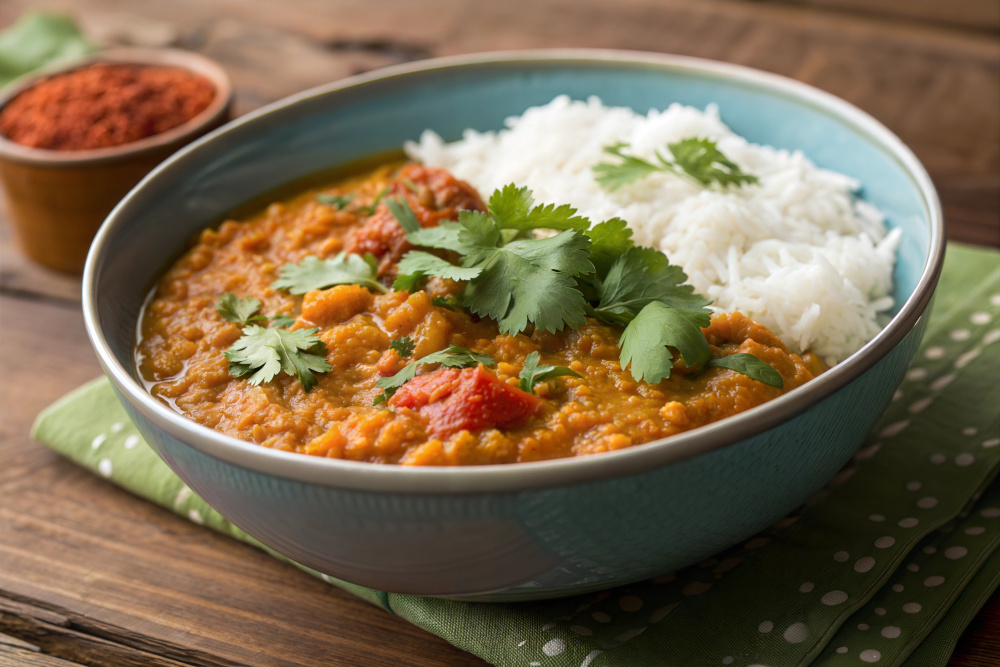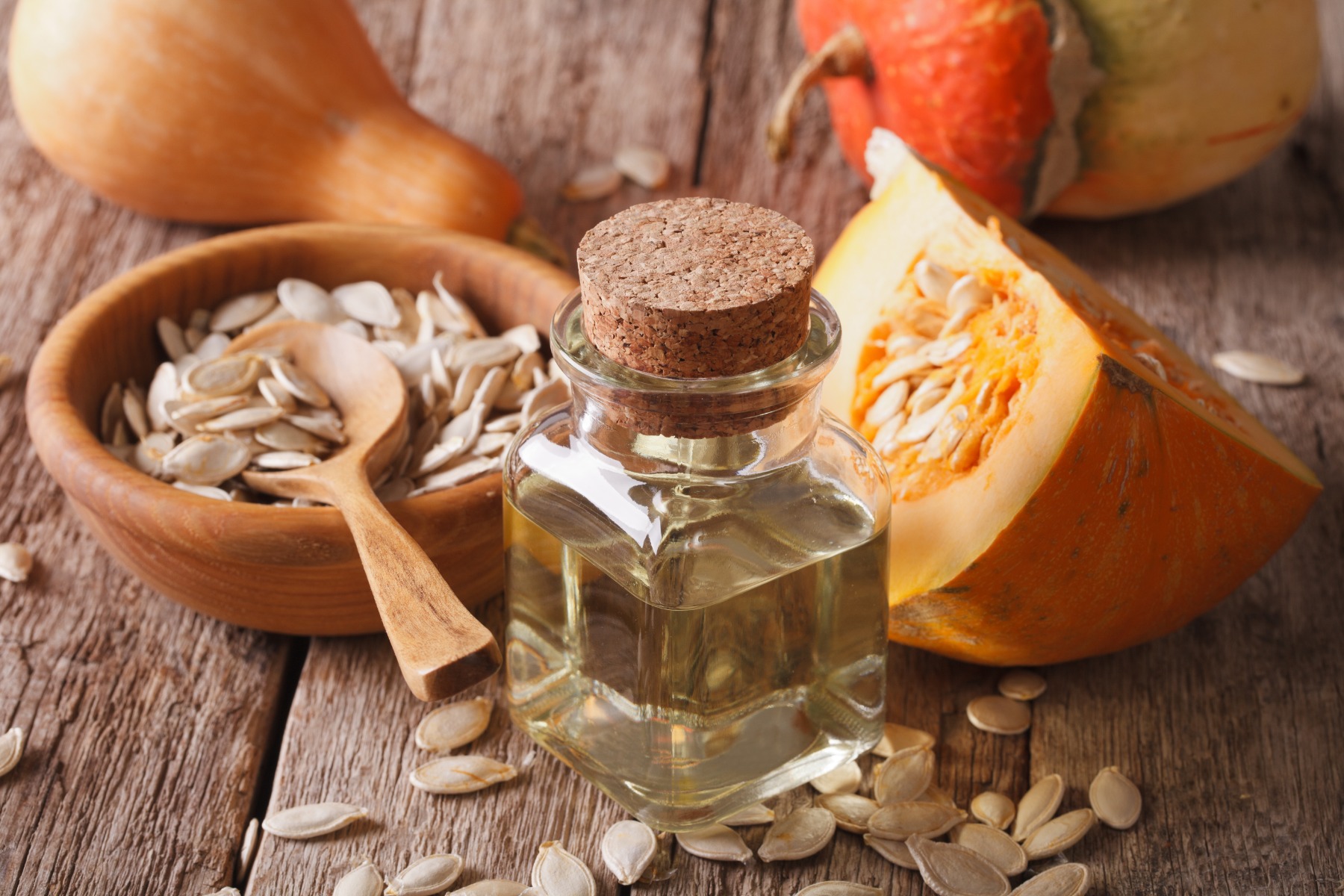
Photo Credit: "© [FomaA] / Adobe Stock
Ten reasons to include our pumpkin seeds on your daily menu
The humble pumpkin seed has such legendary historical status that this member of the gourd family is frequently classified in the top three agricultural products first farmed in the United States of America.
The Aztecs also used it in their cuisine and, of course, they are popular all over the world today for their range of health benefits.
Pumpkin seeds may be small, but they are packed full of health-giving nutrients and minerals.
And adding the seeds to your daily diet has the potential to boost antioxidants, healthy fats, magnesium, zinc, and tryptophan.
Many studies have also suggested a positive association between Pumpkin Seeds and well-being, including the heart, cancer protection, bladder health and sleep.
It couldn’t be easier to add them to salads, soups, breakfast cereals or even a smoothie. Here are 10 reasons we think pumpkin seeds should make it into your daily routine:
1. Seeds of goodness
Did you know that pumpkins are part of a plant family called Cucurbitaceae, which also includes squashes and courgettes. The seeds from pumpkins, so prevalent towards the end of the year and growing season, are usually eaten once they have been shelled. After that they can be consumed raw or roasted, salted or unsalted.
2. History lesson
Pumpkin seeds are thought to have been discovered in North America, with evidence of the seeds in Mexico as far back as 7000BC. In the mid 19th century, it was believed that consuming pumpkin seeds would help people to expel parasitic worms and intestinal parasites. Thanks to science we are now much clearer on what makes these seeds such a great source of good health.
3. Mineral magic
Rich in magnesium, pumpkin seeds provide this important natural mineral which plays a role in around 300 chemical reactions in the body. Its many functions include helping with muscle and nerve function, regulating blood pressure and supporting the immune system. A review published in the journal Nutrients also suggests that magnesium may contribute to improving aerobic and anaerobic performance.
4. Healthy heart
Pumpkin seeds are a good source of unsaturated fats, fatty acids and antioxidants, as well as magnesium and zinc – all of which are claimed to help with maintaining heart health. Research from King Saud University in Saudi Arabia revealed a potential for the oil of the seeds to reduce blood pressure and increase good cholesterol.
5. Propose a roast
A study at China’s Jiangnan University suggests that roasting pumpkin seeds – at 120, 160 and 200°C for 10 minutes – improves antioxidant levels. The higher the temperature, the better, apparently.
6. Good digestion
The benefits of a high fibre diet are well documented and supported by studies, such as one at the University of Kentucky that suggests it reduces the risk of heart disease, stroke, obesity and some gastrointestinal diseases. One small 28g serving of pumpkin seeds gives 1.7g of fibre, according to data from the US Department of Agriculture.
7. Female specific
There could be several good reasons for women to eat pumpkins seeds. Two studies in Germany, one at the University of Rostock and another at the German Cancer Research Centre, concluded the seeds may potentially reduce the risk of breast cancer, both before and after menopause. A review study in the Society of Nutrition and Food Science journal showed a positive association with magnesium and treating premenstrual syndrome, polycystic ovary syndrome and postmenopausal symptoms.
8. Men’s matters
There is research that offers a potentially positive link between pumpkin seeds and the male prostate gland in men. Two studies at Indiana University suggest the seeds may slow the growth of prostate cancer cells.
9. Fertility boost
Another one for the men is that zinc is shown to be essential for male fertility, as evidenced in a review study reported in the Journal of Reproduction & Fertility in 2018. But zinc can’t be stored in the body so regular dietary intake is required. Pumpkin seeds are a good source and, according to the National Institutes of Health data, 28g of the roasted Seeds provide 20% of an adult’s recommended daily needs.
10. Sleep easy
Pumpkin seeds are a natural source of tryptophan (5-HT), an amino acid that has been associated with promoting better sleep. It is suggested in a scientific paper published in Neuroscience & Biobehavioural Reviews that just 1g of tryptophan daily could improve sleep. However, you would need to consume 200g of pumpkin seed to achieve that level.
